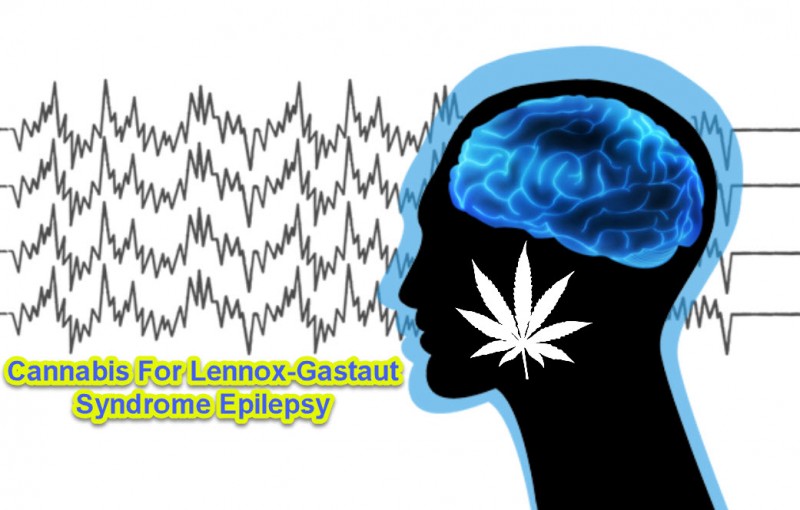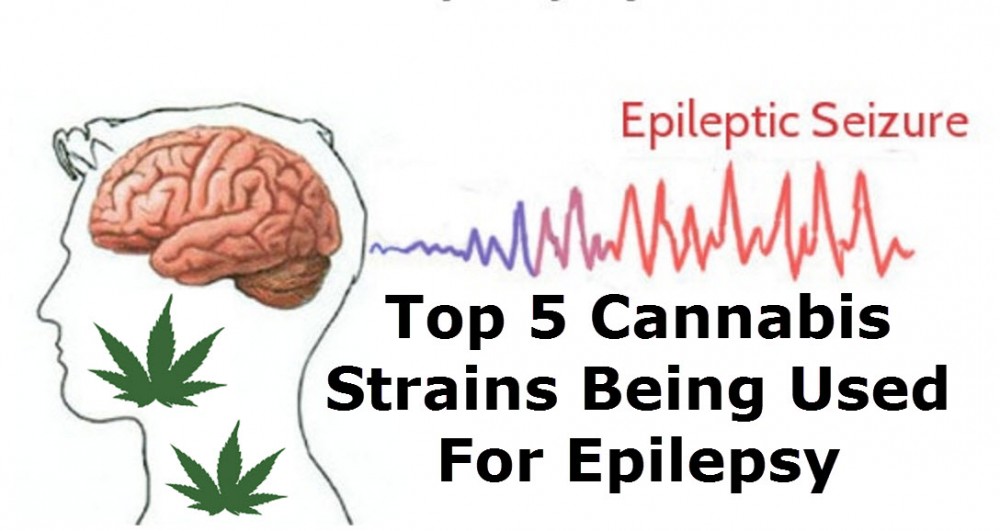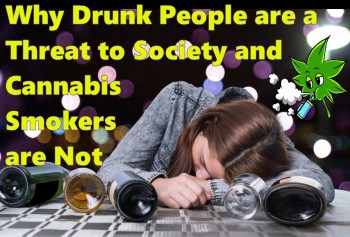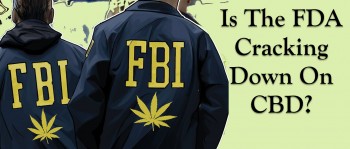Cannabis For Lennox-Gastaut Syndrome Epilepsy
Medical Cannabis For Lennox-Gastaut Syndrome Epilepsy from CannabisNet on Vimeo.
Lennox-Gastaut Syndrome (LGS) is a rare form of severe epilepsy whose symptoms begin in childhood. Kids who have LGS suffer from multiple, frequent seizures of different kinds.
LGS makes up for only 2-5% of pediatric epilepsies. However, treatment for this kind of epilepsy is so difficult to find and more often than not, kids with LGS will require lifelong treatment. In some cases, the epileptic seizures continue well into the adult years and while the symptoms may vary with age, it still requires careful medical attention.
Treatment for LGS is difficult because the seizures don’t respond to conventional seizure medications or anti-epileptic drugs (AED). Other common treatment methods that are recommended for LGS include rescue therapies, stimulation of the vagus nerve in the neck, dietary therapies such as the ketogenic diet, and operations. Each child will develop differently, so there’s no way to accurately tell how well or bad a child will do in his later years. Most kids suffer from some forms of learning disability while others continue to have ongoing seizures; some will respond well to treatment and some won’t respond at all.
In the worst case scenario, kids with LGS will suffer behavior, thinking, and development problems; and may need assistance with basic daily tasks.
We still don’t understand what exactly causes LGS. However, some known risk factors include lack of oxygen during childbirth, severe brain injuries during birth or pregnancy, brain infections, infantile spasms, a brain condition known as cortical dysplasia, and tuberous sclerosis.
How Cannabis Helps
There has been a lot of attention surrounding the benefits of cannabis for various forms of epilepsy including LGS. It is only normal for families to want to learn more, in order to provide the best care possible for their child.
The studies so far show promising results. In a 2017 presentation for the American Academy of Neurology’s 69th Annual Meeting, researchers discussed data taken from a large-scale controlled study looking at children and adults with LGS, who have been treated with cannabidiol (CBD).
“Our study found that cannabidiol shows great promise in that it may reduce seizures that are otherwise difficult to control,” says Anup Patel, MD, of the Nationwide Children’s Hospital and the Ohio State University College of Medicine in Columbus and an author of the study. He is also a member of the American Academy of Neurology.
The study’s participants were given either a dose of 20mg/kg day of CBD, 10mg/kg daily, or placebo to complete current medication, for a total of 14 weeks. They found that the participants who took higher doses of CBD experienced a 42% decrease in drop seizures, and those who took lower doses had a 37% drop in seizures. The two most common reported side effects were sleepiness and a decreased appetite.
“Our results suggest that cannabidiol may be effective for those with Lennox-Gastaut syndrome in treating drop seizures,” Patel said. “This is important because this kind of epilepsy is incredibly difficult to treat. While there were more side effects for those taking cannabidiol, they were mostly well-tolerated. I believe that it may become an important new treatment option for these patients.”
Another study, published in The Lancet, also supports these results. The researchers analyzed 171 participants from the US, Poland, and Netherland between the ages of 2 and 55 all of whom suffered from different kinds of seizures. Prior to the trials, all participants “were highly treatment resistant,” and hadn’t responded to 6 AED. Eighty-six of them were given a daily dose of CBD while 85 were administered with a placebo on top of their usual treatment. At the end of the trial, the participants who were given CBD experienced a 43.9% decrease in drop seizures, down from 71.4 seizures each month at the beginning of the trial.
Additionally, the people who took CBD also had less kinds of seizures and the monthly frequency of all kinds dropped by 41.2%.
According to Dr. Elizabeth Thiele, the study’s lead author and a neurologist who studies pediatric epilepsy at the Massachusetts General Hospital, they were “pleased that our study has potentially found an additional option to add to patients’ existing treatment to reduce drop seizures.”
However, let the anecdotal evidence speak for themselves. A quick browse on the internet will easily reveal numerous cases of epilepsy being successfully treated with good old cannabis oil, without any harmful side effects. But families will continue struggling until they legalize cannabis at the federal level; until then, many will have to relocate to states where cannabis is legal just to obtain the medicine that their children need.
Medical Marijuana For Lennox-Gastaut Syndrome Epilepsy from CannabisNet on Vimeo.
OTHER STORIES YOU MAY ENJOY...
5 MARIJUANA STRAINS FOR EPILEPSY, CLICK HERE.








